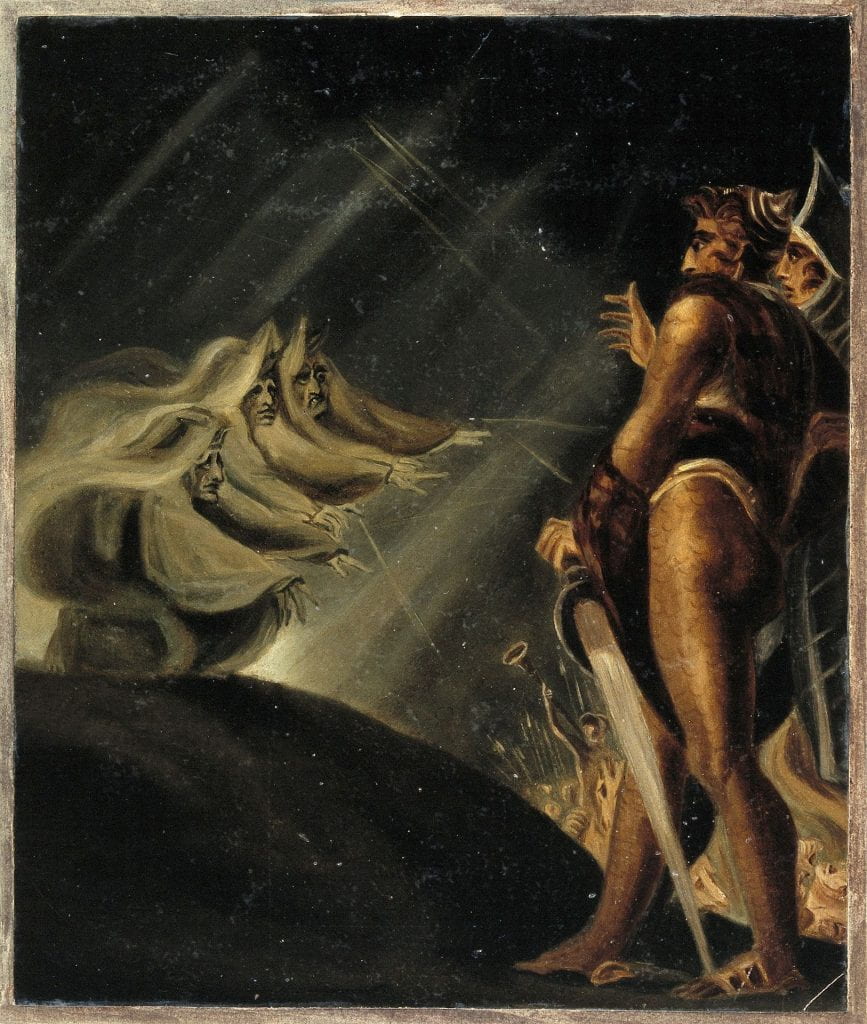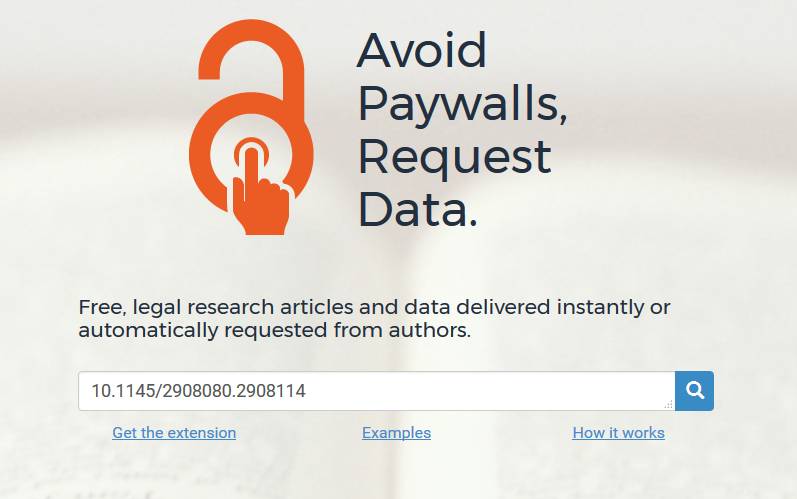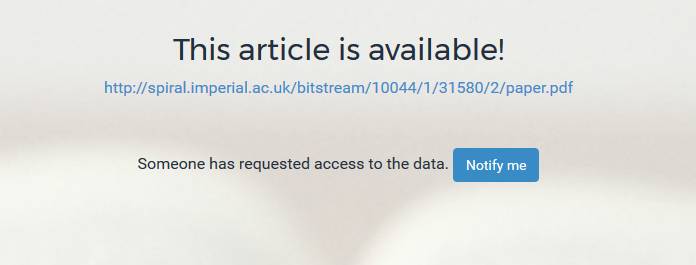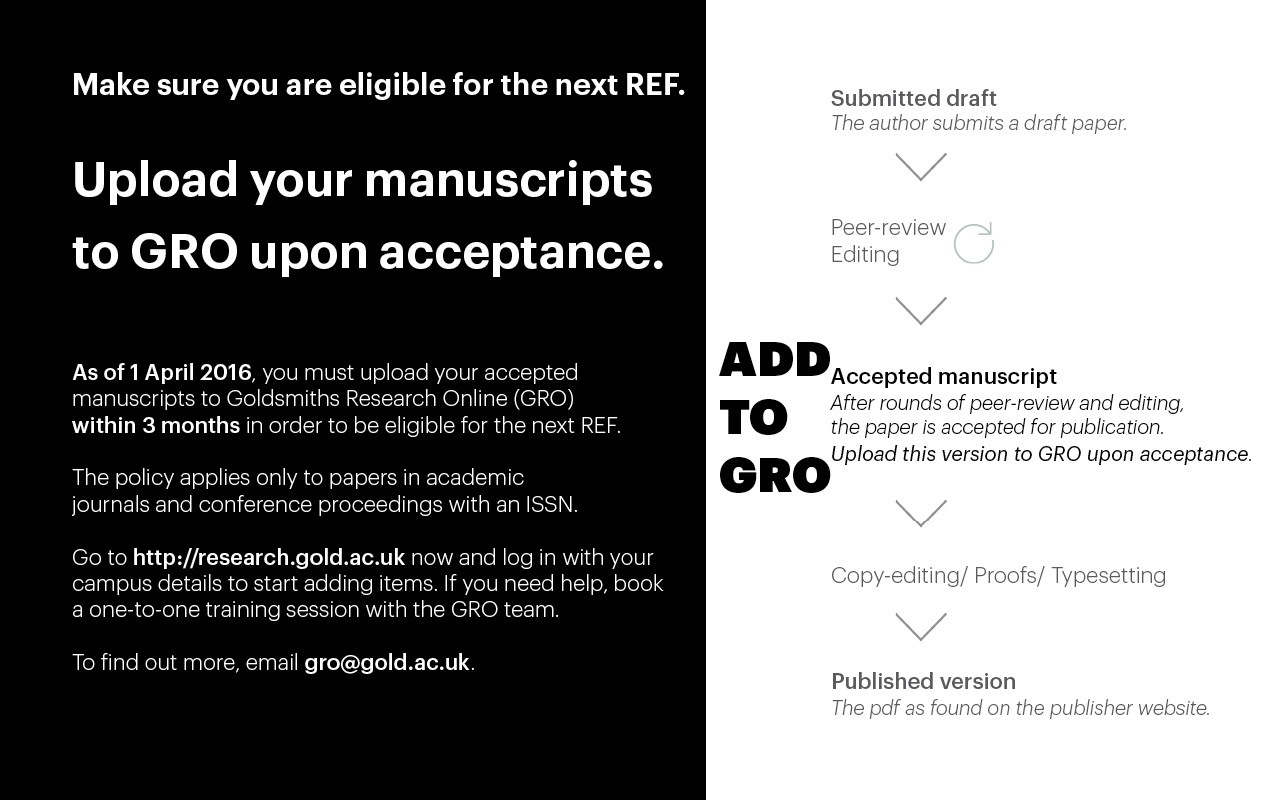Collaborating with the Library
In the library, we love to collaborate on projects and events. This month on the library blog, we’re looking at different teams and projects in the library and ways that they collaborate with staff, students and members of the local community.
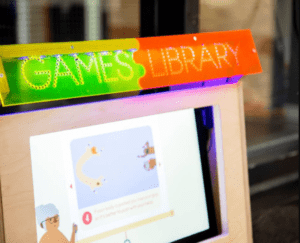
Hosting Events in the Library – Games Night
Games night, happening on November 8th, from 5pm till 9pm, in the Library, is a great example of how you can collaborate with staff in the library to hold events. This event has been organised by the Subject Librarian for Computing, Eve Jamieson, in conjunction with members of the Computing department. This event will highlight the work of current Goldsmiths students and Alumni, which attendees will be able to play, as well as talks from three members of the Games Industry who will share their expertise.
Here at the library, we love to host events in our event space and work with our colleagues across Goldsmiths, from other universities and libraries and different industries.
You can read more about Games Night and sign up for free tickets.
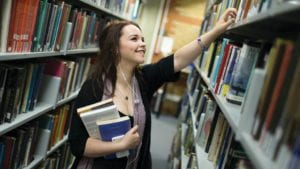
Student Library Reps
Every year we ask students to volunteer to be a Student Library Rep who can help shape our collections by purchasing items for their departments.
Working with students on this project help us to address feedback from students about the library not having or insufficient copies of books as well as ensuring the Library collection is meeting the needs of our students and giving them an engagement with the collection.
Students attend training with library staff, document their spending, and help to develop and promote Library services. Participating in the project is also a good opportunity to develop workplace skills such as budget management, negotiation, communication and teamwork.
Job Shadowing opportunities give students the opportunity to learn more about the work of the library by shadowing the various teams involved in its delivery. This year students shadowed our Scanning & Inter-Library Loans team, spent time in our Special Collections & Archives, and learnt about the work of our Subject Team.
Over the past 5 years of running this project we have seen that students who participate feel empowered and valued by the university, have the ability to influence decision-making in regards to the library’s services, collections and resources and help raise awareness of the library and its services to their fellow students. It also provides them with transferable skills in advocacy, negotiation, budgeting and promotion, which they can take with them to future careers, as well a role that they can add to their curriculum vitae and HEAR.
This year, the project runs from December 2019 to April 2020.
You can read more on how to apply for the Student Library Rep Project, and download an application.
But be quick! Applications close November 3rd.

PALs in the Library
What is a PAL? PAL stands for Peer Assisted Learning and is a student-led initiative run by the PAL Coordinator based in the Academic Skills Centre and a team of 34 trained students (PAL Facilitators).
PAL Facilitators run study-sessions for students where they can discuss anything from learning and their course to student life, in a friendly and informal environment with their peers. PAL participants and facilitators collaborate to run the sessions.
PAL is a space where all participants can feel comfortable to ask questions, review content, discuss knowledge, and receive advice.
PAL is running for 9 Departments in 2019/20.
There are also Ask a PAL sessions – where all UG year 0 & 1 students can drop-in and have a PAL session.
If you have PAL it will be on your timetable.
PAL is advertised through posters on campus, PAL Facilitators popping into your lectures and seminars, emails from Departments and also online
If you are interested in becoming a PAL, recruitment occurs towards the end of Spring term each year, and are often recruited from participants in PAL sessions.
We’re always interested in working with students and departments to develop our services. If you have any ideas that you’d like to explore contact your Subject Librarian and they will be able to talk to you about what might work or put you in touch with the best person.
